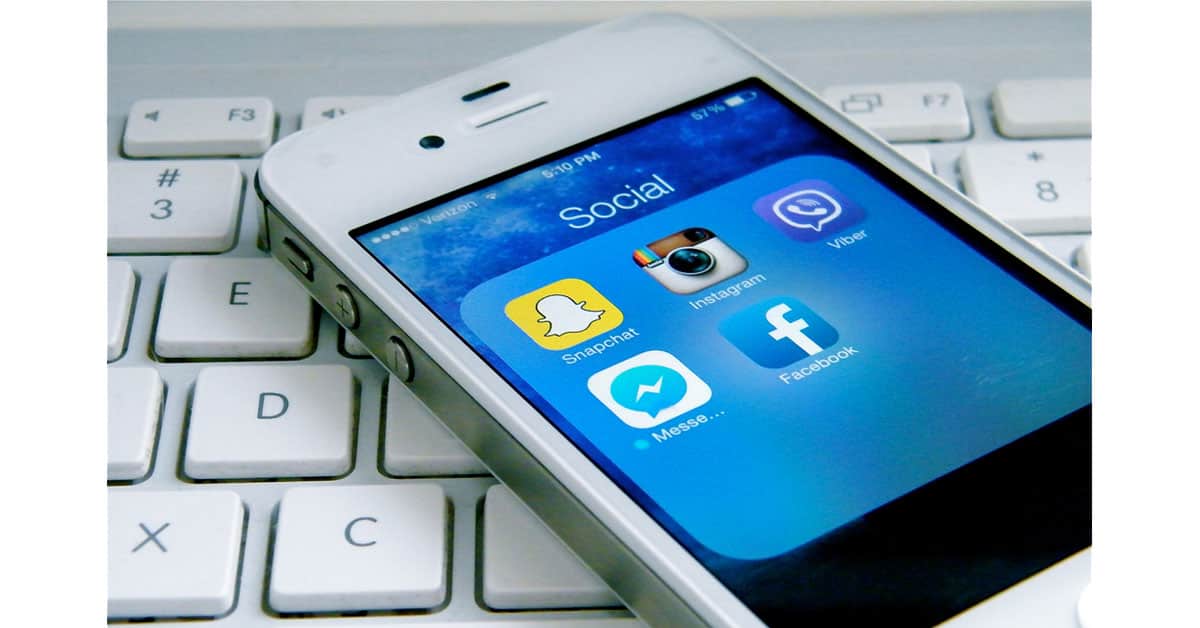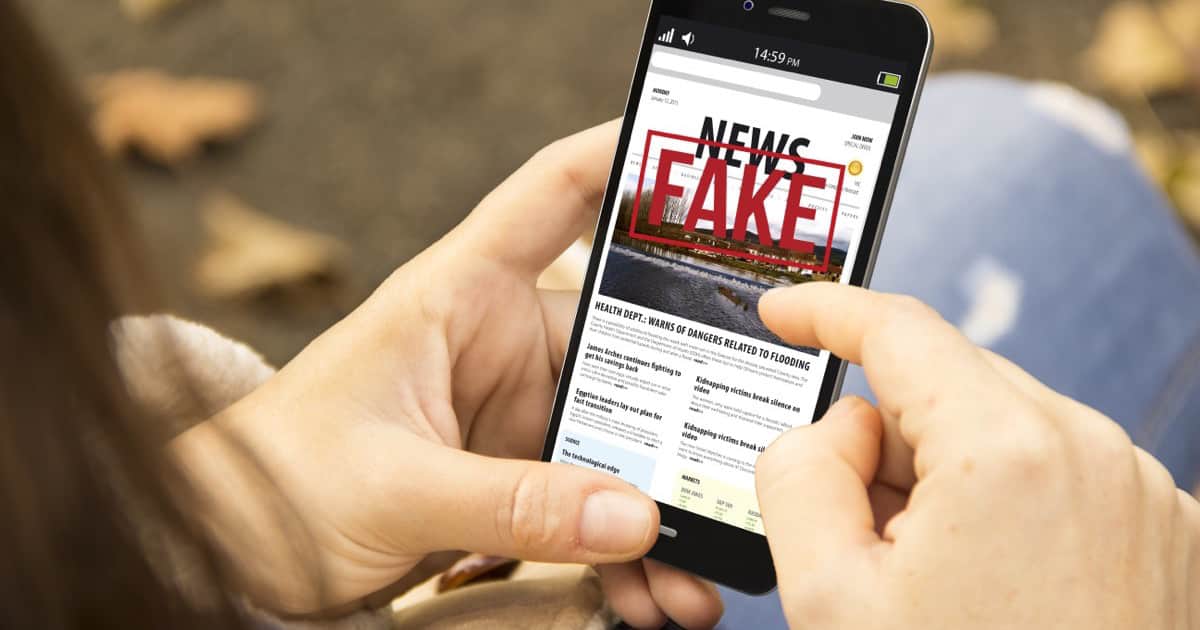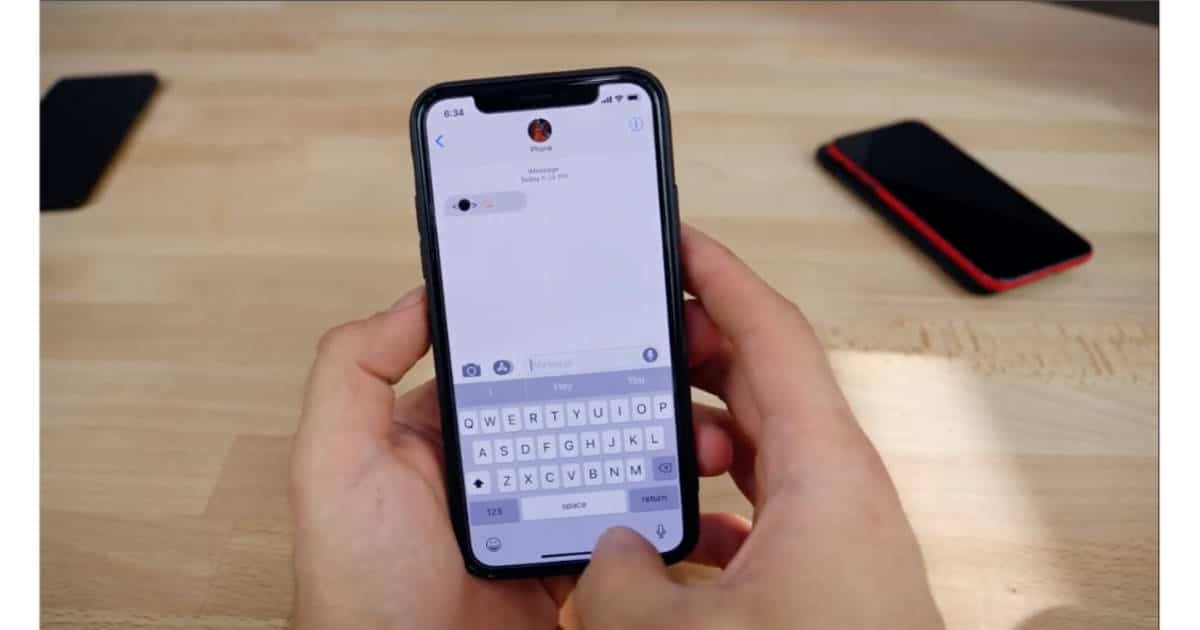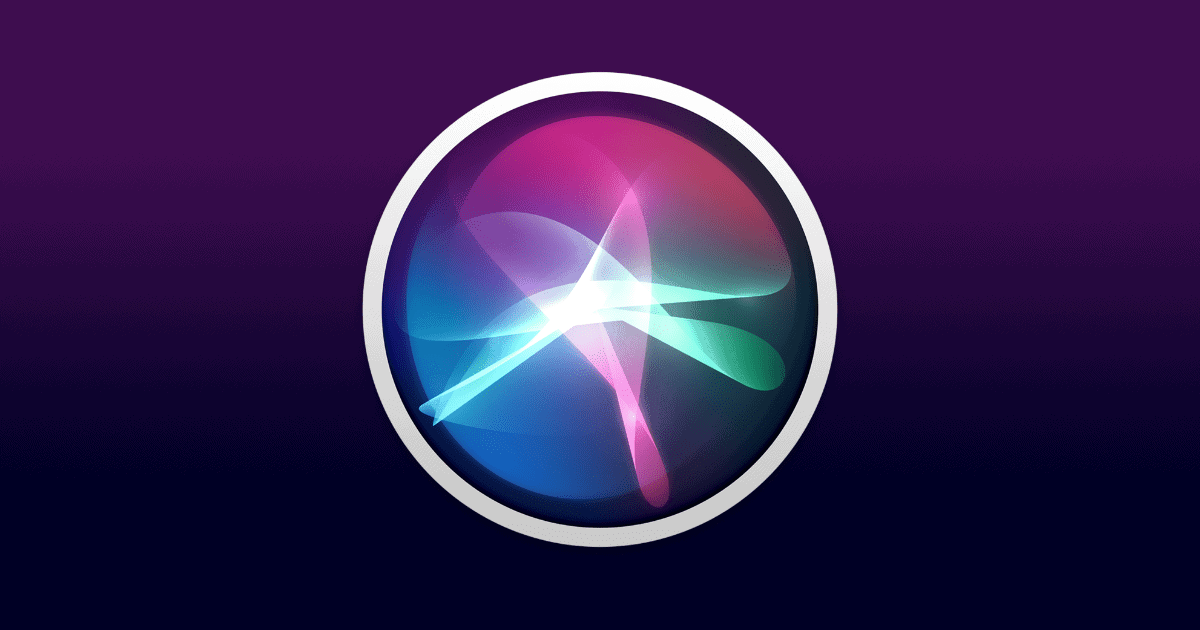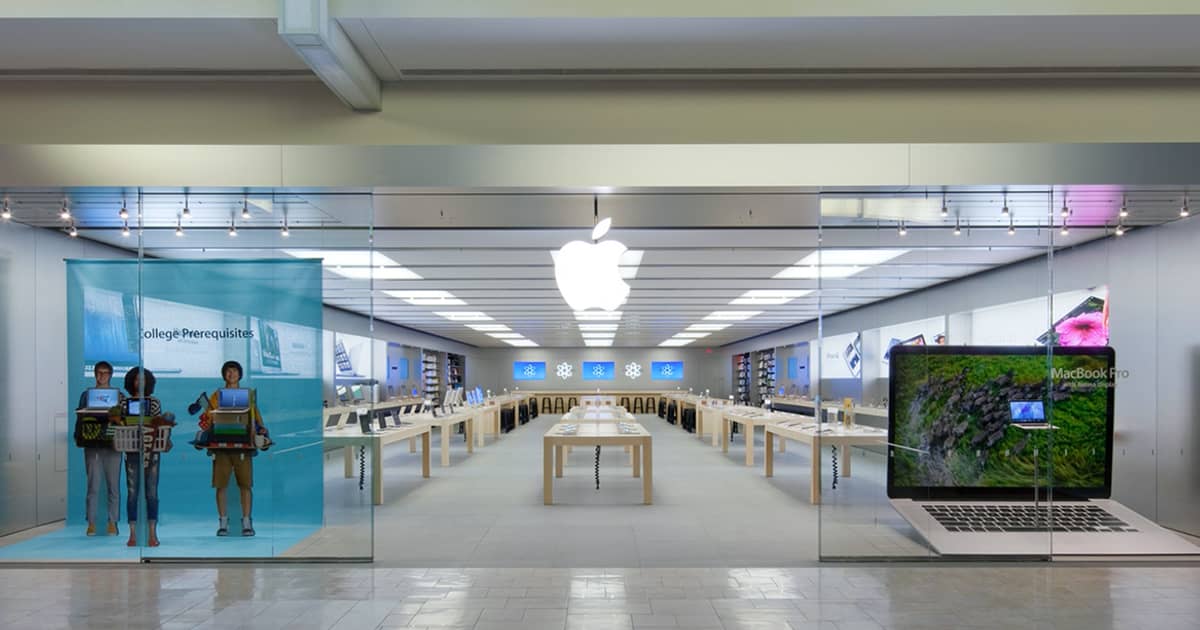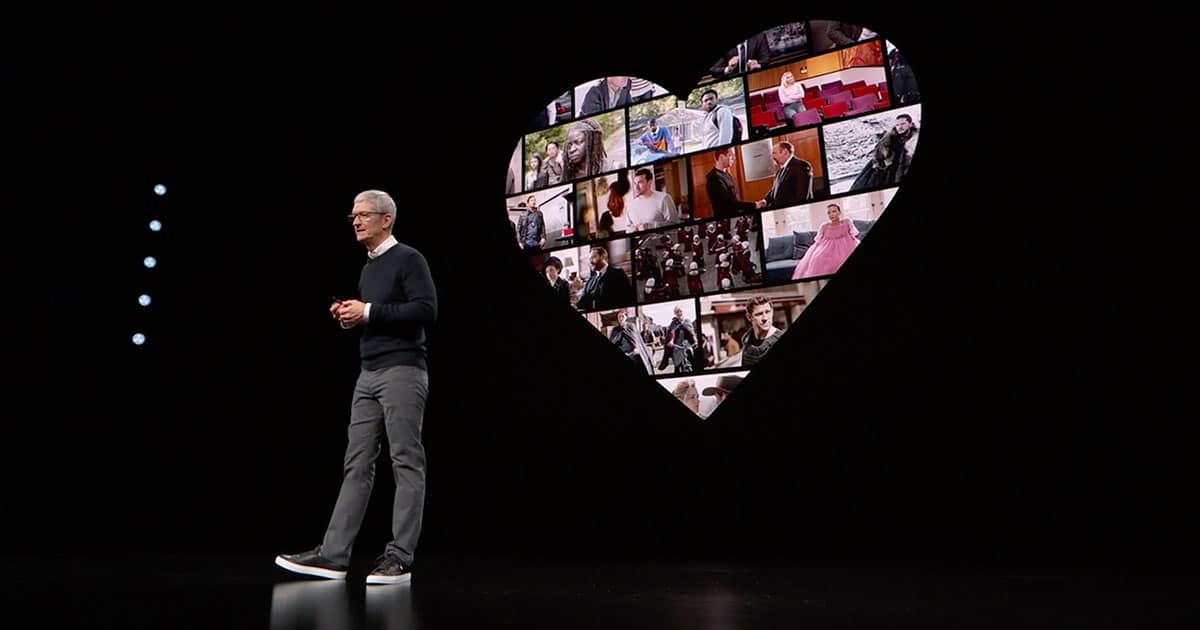Twitter CEO Jack Dorsey surprised a lot of people when he announced that the company would stop allowing paid-for political advertising. Targeted advertising as a whole is a hot topic at the moment. But, as Carl Millar points out for Wired, we need to think very carefully about how we discuss, and potentially amplify, these messages.
The battle for influence online is largely fought over attention. Cutting through the online noise to get something in front of you is half of the battle campaigners face and – of course – that’s what advertising is for. Now, suddenly – projected on studio screens, in countless write-ups and think pieces – ads intended to be seen only by a tiny few are instead broadcast to millions. It’s a weird reverse effect: the more granular the ad, the more likely it is to suddenly find an enormous audience as part of a discussion about whether people seeing it is bad for democracy. This certainly won’t be lost on the campaigns themselves. Advertisers have long courted publicity as one of the easiest and most effective ways of building buzz around their message
